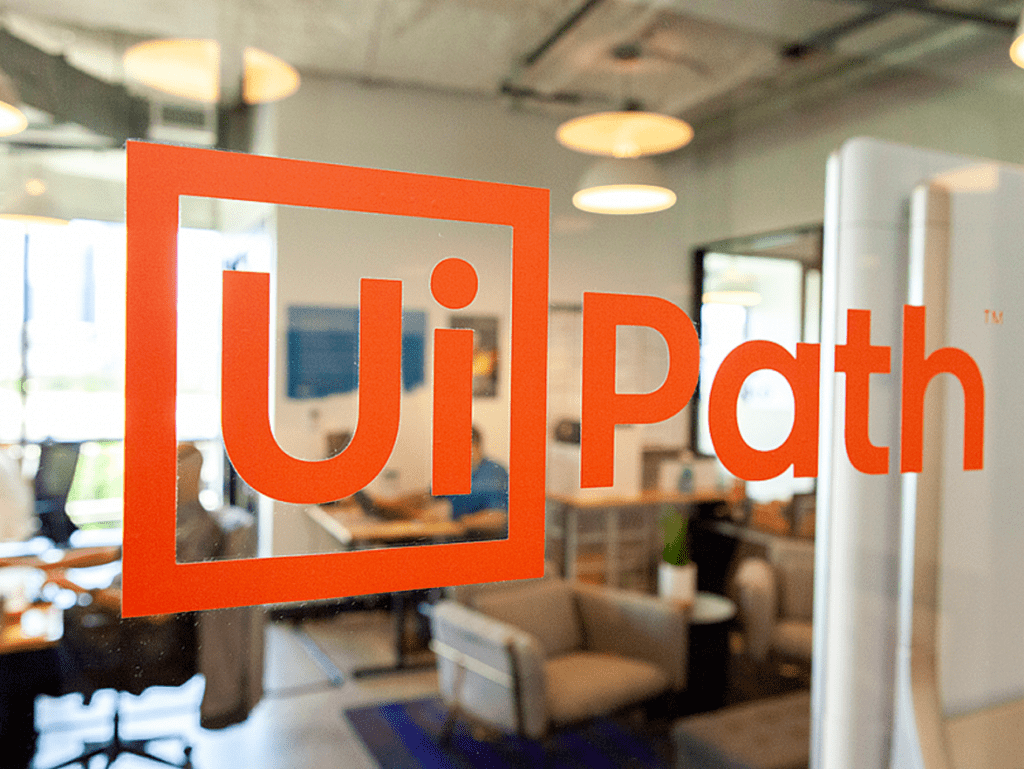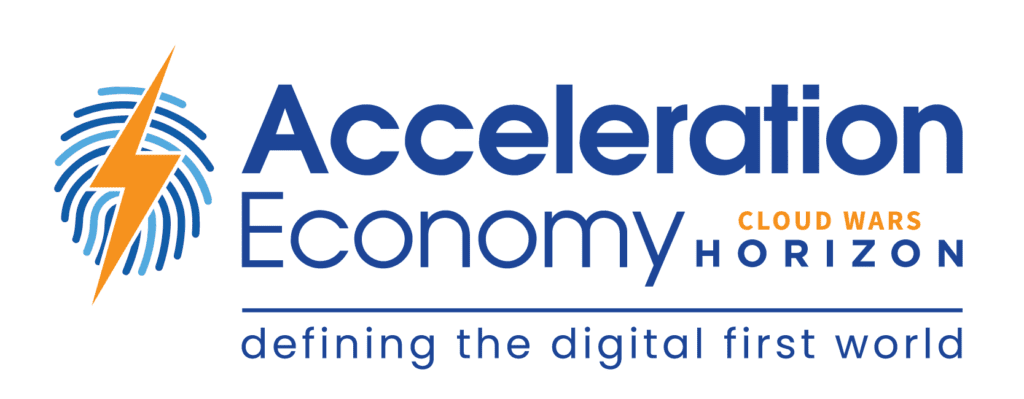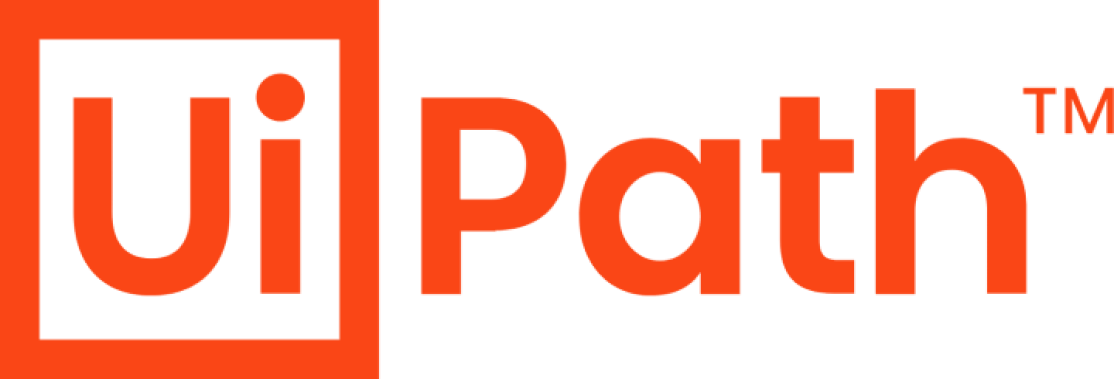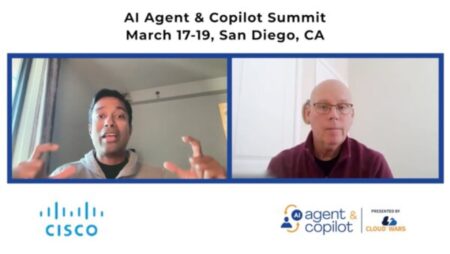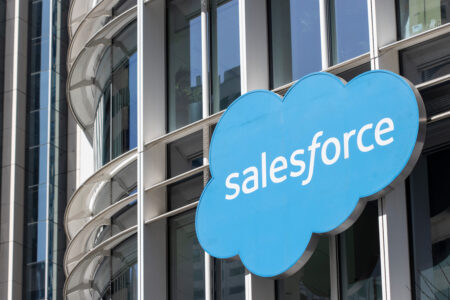When he joined UiPath as co-CEO in May, Robert Enslin brought a wealth of leadership experience and customer insights relating directly to mission-critical enterprise software, cloud strategy, and strategic business outcomes.
That experience came through in a powerful way during a video interview with Enslin that Cloud Wars founder Bob Evans and I conducted last week.
Enslin’s experience includes three-plus years as President of Google Cloud (his most recent role before UiPath), which followed a 26-plus year stint at SAP culminating in the role of Executive Board Member and President.
Enslin joins UiPath at a time when it has strong financial and customer momentum: In its most recent quarter, it reported 32% revenue growth and 50% ARR growth as it becomes a $1 billion company.
Position of Strength
| Ui Path Quarter | Revenue | Growth | ARR | Growth |
| Q1 FY23 | $245.1M | 32% | $977.1M | 50% |
| Q4 FY22 | $289.7M | 39% | $925.3M | 59% |
| Q3 FY 22 | $220.8M | 50% | $818.4M | 58% |
| Q2 FY22 | $195.5M | 40% | $726.5M | 60% |
| Q1 FY22 | $186.2M | 65% | $652.6M | 64% |
Enslin articulated a series of priorities that should help the company build on this growth trajectory: enhancing the level of customer-centricity; building formal mechanisms for customer input, and applying that input to products; emphasizing tangible business outcomes affected by automation; helping CIOs deliver great results; and guiding customers on their cloud and sustainability journeys. He also discussed the factors that led him to UiPath.
Following are some excerpts from our conversation with Rob Enslin; you can see the full video interview here.
The UiPath Opportunity
Enslin is so new to the company, so we started our interview by asking what prompted him to make the move that he did — becoming co-CEO with co-founder Daniel Dines.
Enslin said he loved the work that Dines and the team have done creating a product-centric company and developing innovations that help customers in a measurable way. The proof is in the level of loyalty that customers have. Per Enslin:
“Customers tell us first that they really, really like UiPath. They like what the product offers, they like the platform; we’ve expanded the product, it’s broader than [Robotic Process Automation, or RPA]. It is a full platform of automation and how you can help on document understanding, to low code/no code, to process mining and test controls.”
“I think automation can really help CIOs and can really help companies regarding speed and flexibility. I think this is going to be one of the most helpful companies, one of the most important companies in the future, as automation becomes and plays a bigger role for companies.”
“I really wanted to work for a company where the product was the thing, right? It was the innovation focus where we were really thinking about how do we engineer innovation to help our customers truly benefit from what they get from us. And the value is so clear to see. And I love the continual concept of how do we utilize this automation platform to deliver business outcomes to companies. And that’s what it’s about.”
Focus on the Customer
Enslin said he exhorts employees to stick close to customers because “great companies are great listeners.”
“I think the customer side, honestly, is the most important side. Because you can always be efficient. But if you focus on what your customer wants, everything flows from there. How do they get a bit better service? How did they get higher quality?”
“It’s a very close relationship, and it’s built into the culture of the company; the engineers spend a lot of time with customers. I think it is extremely important for engineers to spend time with customers and have the customers have access to engineers because that’s where your product comes out. Understanding what a customer wants, understanding how to deliver to customers.”
Referencing the company’s newly announced CIO Automation Council:
“I think great companies are great listeners. And the best way to listen is to hear from your customers. Listening to the CIOs speak to us, tell us what they think we need. It could be anything from we need more accessibility to come to conversational AI. We need to have you bring more of that type of technology. We need a broad understanding of document understanding, we need broader APIs, I think all of these kinds of topics are really, really important to make the platform more relevant for business and for CIOs.”

Role and Benefits of Automation
Enslin boiled automation down to a straightforward concept that speaks to the UiPath ethos: “business outcomes.” He explained how it is that automation can deliver millions, even billions, in cost savings and other business benefits:
“Automation is so incredibly important because we’re able to take processes, automate them, not only just mundane processes but processes that require more accuracy, much more accuracy, and allow companies to use employees in other areas. And that’s going to have a fundamental shift on multiple industries, and finance departments, customer service, supply chains, and so on.”
“For those processes that we are automating, that we are making more effective, that company can then use scarce resources in other areas, and everybody is looking for scarce resources, whether you are in a world which is constrained or in a world of abundance. You can’t afford the resources. So you have opportunities to look at how you can effectively manage these kinds of resources with automation in a unique way with UiPath.”
“A lot of customers don’t really want to actually share the level of savings because they feel like it’s competitive. An example being New York state labor: when they had to do the Covid claims and the claims went up. If I can remember, they had to process like 300,000 claims in a single weekend…but the amount of fraudulent claims increases exponentially as well and the ability to determine and impact that is huge. So that’s when you start looking at billions, you start looking at those kinds of [savings] because that’s what we can actually do. Other companies in the financial services space have saved over 100 million.”
Importance of the CIO
“I think CIOs are the most underrated professionals out there. But the role is changed every five years. And the need for more from them. It’s that constant: I need more with less, I don’t want you to do that upgrade, I want you to do this, I need more AI, I need more ML, everybody else is using this stuff. It’s just a constant drumbeat. And they have to keep up with it. If you’re a customer, you got ERP systems, you got procurement systems, you’ve got traveling expenses, you got all these different systems from different vendors. The job to keep them integrated is a complex role; we [UiPath] should be the answer for integration for all CIOs in the automation economy.”
“I think more companies see that the benefit of automation for the company is hugely impactful if they take a company view of it. And that’s why the CIO should be the owner of the program because the CIO doesn’t really have a department, the CIO is always covering the whole thing. And that should be the CIO’s job to allow companies to use resources differently because they can automate it and drive higher levels of quality, and so on.”
“They are the premier customer, even though we work really well in the finance organization. When you look at automation, as a program, the CIO has to own that in a company. Because ultimately, the CIO is the only one that has the full visibility of what needs to happen across processes.”
Sustainability: Helping Customers
“I think the concept of ESG is an important concept, not just sustainability, I think the ability to find measurements to drive consistency, high quality of how companies are dealing with carbon footprints, how companies are dealing with sustainability, whether it’s that diversity in the companies and board, it’s very important. I think we can help because we are able to automate the processes across environments and deliver a higher level of quality. Use a simple example, like SOX compliance with automation, and you’re guaranteed, it’s much more accurate than having humans do it simply because the process is validated, very consistently, and then that will be used for ESG over time, as well. And we can play a really, really important role in that.”
“We were a great company to partner with for many of the application vendors because we don’t replace an application vendor. And we can’t do end-to-end processes. But we do allow the automation of end-to-end processes across different vendors across different systems so that customers can benefit from that, and that includes ESG. If you look at the amount of ESG providers out there, we can play a meaningful role in bringing that together.”
Cloud Adoption Drivers
“There are a couple of things that the cloud provides: speed, agility, it’s serverless for the most part, the deployment models become really good over time, it’s easier to deploy. With the on-premise product, we’ve also created a kind of a Kubernetes cluster with one of our vendors. So we can actually deploy it in a cloud model as well if we need to. There’s all those different reasons cloud is one of the most relevant and important technologies that are out there simply because of speed, flexibility, the ability to deploy at speed.”
Industry Focus
“I think we should be very relevant in the Fortune 5000 and in the Fortune 2000, that we should be very relevant by industry. In order to add value to companies, you have to be relevant by industry. So when you look at the industries, today we’ve done really well in financial services and I’ll break it down into banking, corporate banking, retail banking, insurance around claims processing, telcos billing and call centers, public sector, where we’ve really helped the state of New York, the Patent and Trade Office and so on. If you think about [anti-money laundering-AML], for instance, for sure we can add value to an AML process, we’re not going to solve an AML process, but we can add value, we can simplify it, we can automate the areas that are complex.”
For more exclusive coverage of innovative cloud companies, check out Cloud Wars Horizon here:


